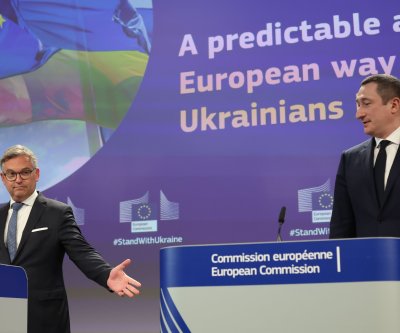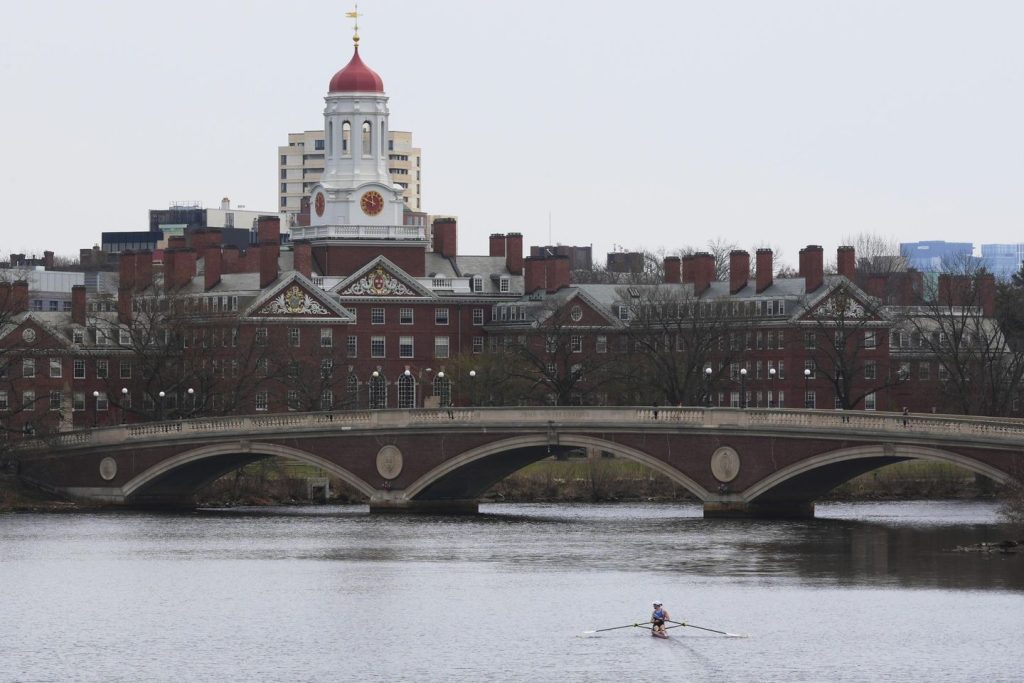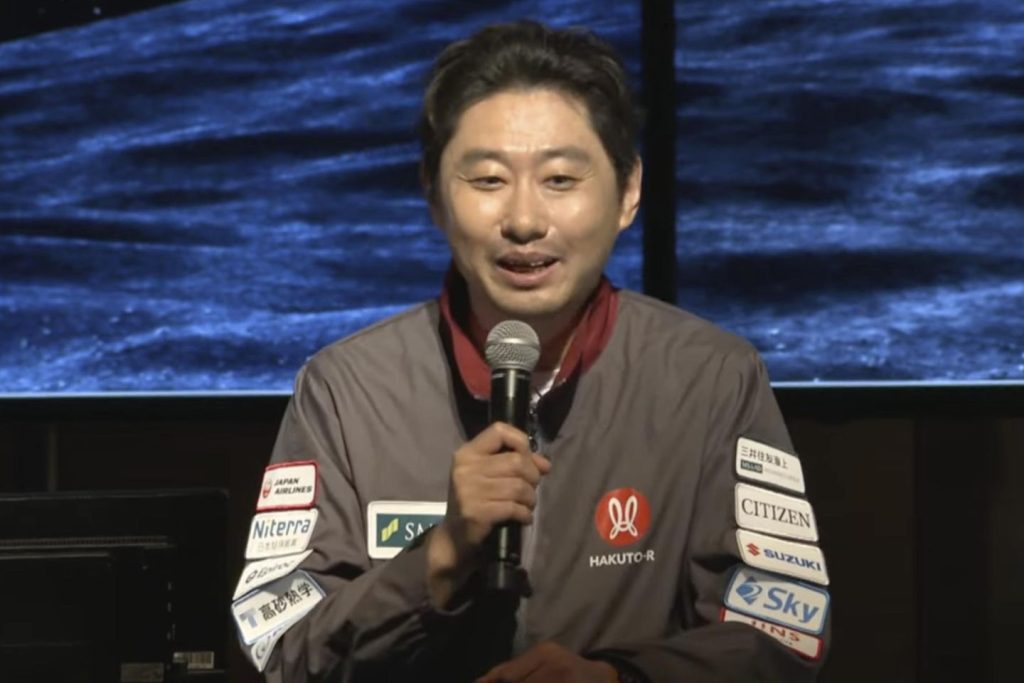Now Reading: EU extends asylum protections for Ukrainian refugees, stressed as ‘temporary’
-
01
EU extends asylum protections for Ukrainian refugees, stressed as ‘temporary’
EU extends asylum protections for Ukrainian refugees, stressed as ‘temporary’

European Union Commissioner for Internal Affairs and Migration, Magnus Brunner, and Ukrainian Deputy Prime Minister Oleksiy Chernyshov held a press conference in Brussels, Belgium on Wednesday. Brunner announced the EU’s decision to extend the deadline for providing temporary asylum to displaced Ukrainians for an additional year. This measure was put in place to show solidarity with those affected by Russia’s aggression.
The initial decree allowing Ukrainians to enter EU member states without applying for asylum, in order to prevent overwhelming national asylum systems, was set to expire in March 2026 but has now been prolonged until March 2027. Brunner emphasized that this protection is temporary and that the EU is working on an exit strategy to facilitate the return of displaced individuals to Ukraine once conditions allow or when the temporary protection period ends.
The EU also disclosed that over $4.5 billion in funds related to migration and asylum have been added, in addition to the $17 billion already provided to member states dealing with asylum seekers. Brunner acknowledged the challenges faced by member states hosting millions of displaced individuals and mentioned that the temporary protection could end earlier if Russia’s war on Ukraine concludes before the 2027 deadline.
Ukrainians in EU countries are encouraged to apply for work and student visas. They are also permitted to visit Ukraine, especially considering the worker shortages in the country. The EU member states will facilitate “go-and-see” visits to assess the feasibility of returning to Ukraine and then returning to the EU if necessary.
Brunner stated that the EU will extend protection for another year in response to the escalating attacks by Russia against Ukraine. The aim is to support Ukrainians in deciding whether to remain in the EU or return to their homeland. Chernyshov, the Ukrainian Deputy Prime Minister, echoed the sentiment by mentioning that mechanisms for the voluntary return of Ukrainians are being developed with international partners to create safe and dignified conditions for their repatriation.






